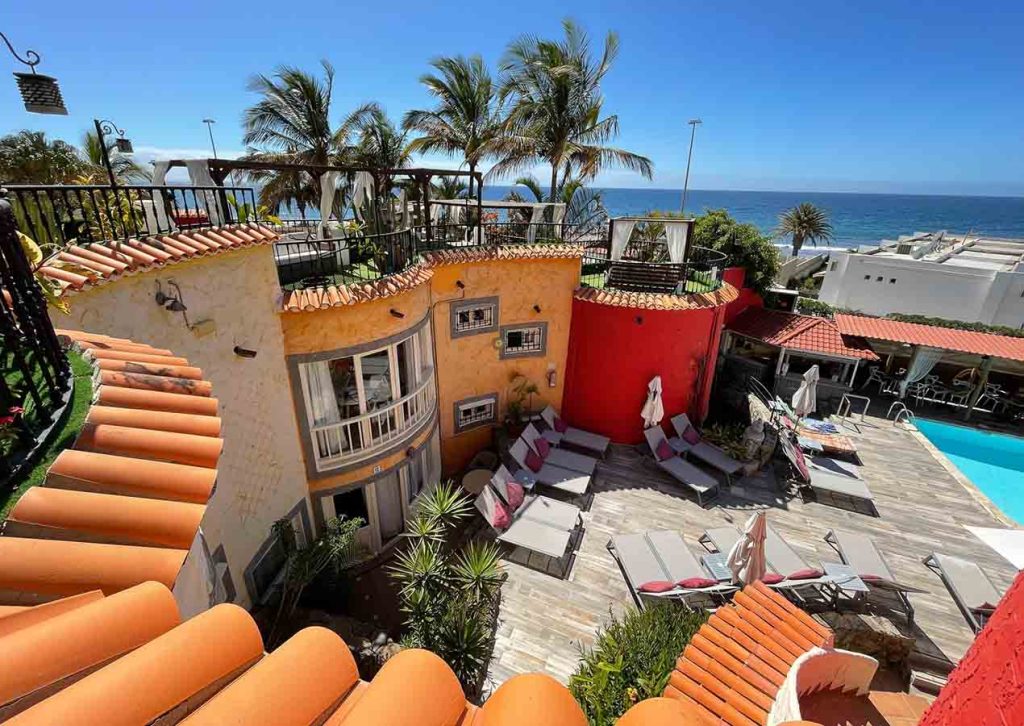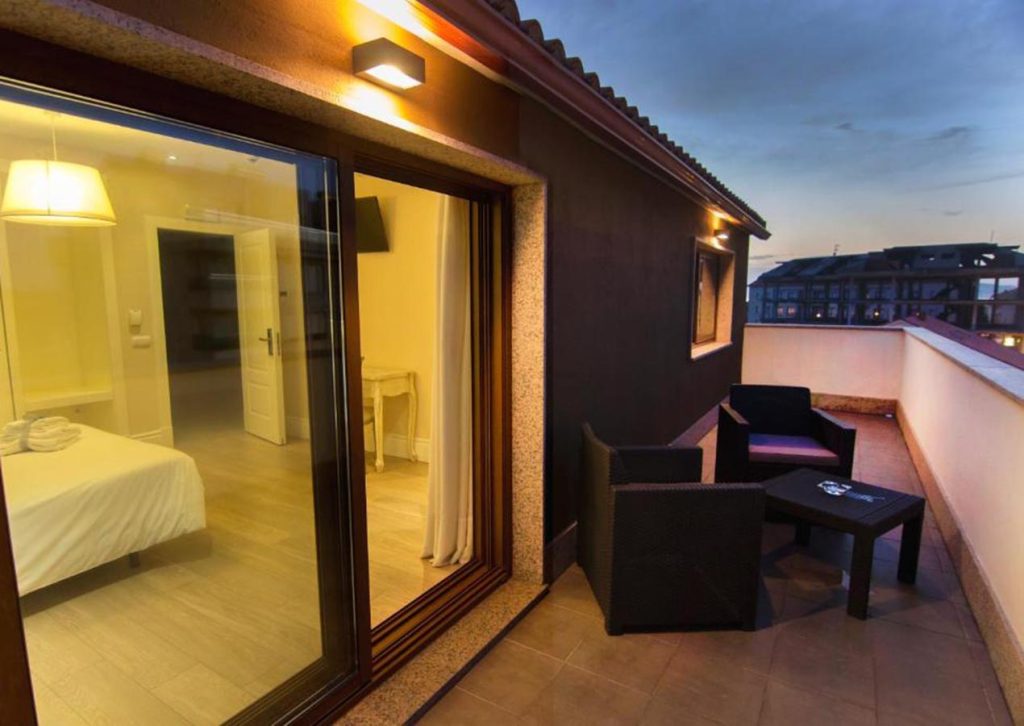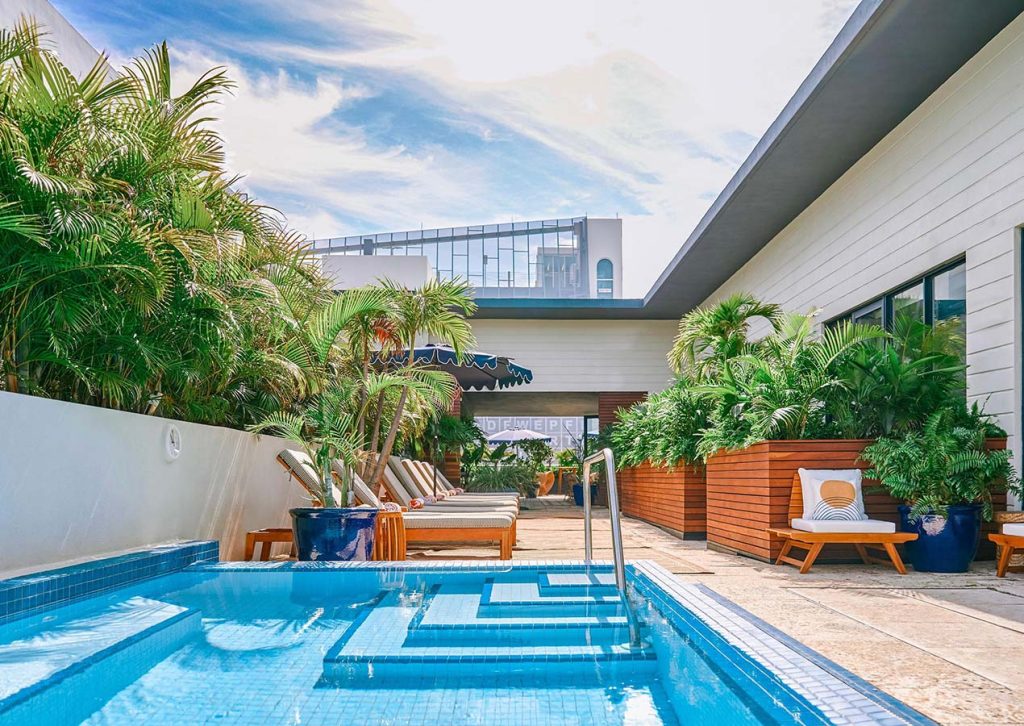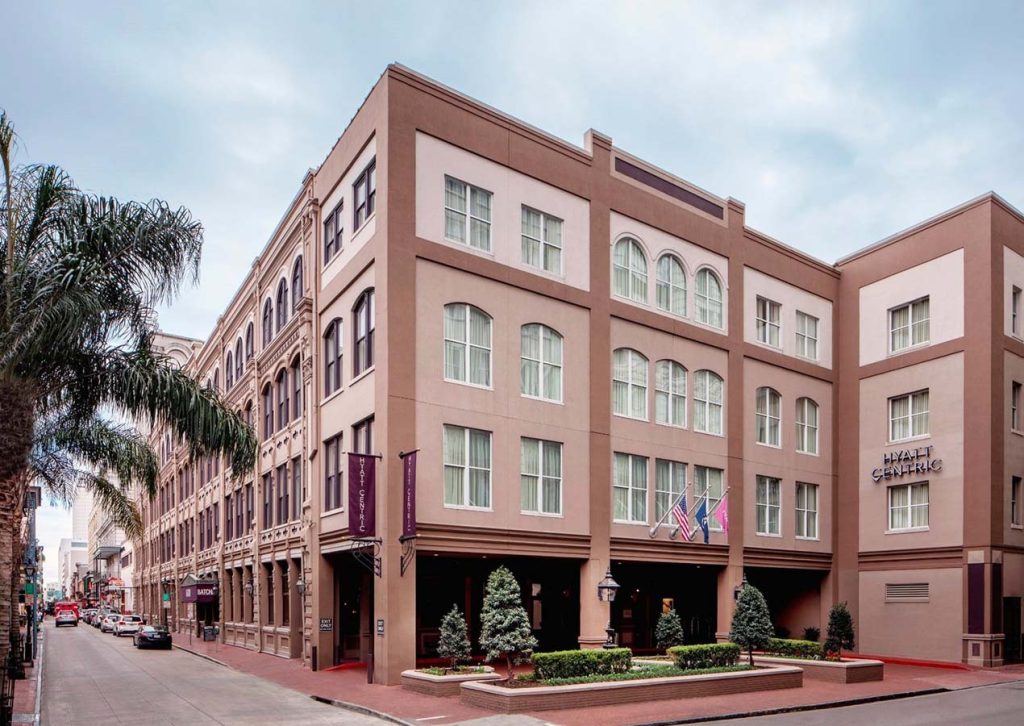1. Arrival in Galicia’s Embrace
Landing in Galicia feels a bit like stepping into a realm that quietly defies time. Pontevedra, nestled within Spain’s verdant northwest, is a city known more for its pedestrian-first charm than for boasting itself on billboards. There are no grand proclamations or flashy facades here—just winding stone paths, pine-scented breezes, and an unhurried rhythm that’s difficult to resist.
When I arrived, the scent of the Atlantic greeted me before anything else. Even before the wheels of my suitcase could rattle across the cobbled streets, the air hinted at the nearness of saltwater. I had come not for pomp or packed itineraries, but for the simple joy of stillness—a stillness framed by sea and sky.
The hotel I booked played no small part in that intention. I’d chosen Natura Petit Hotel, a quiet coastal property situated right on Playa de Areas, just a short drive (around 6 km) from Pontevedra’s city center. Small but exceptionally well-curated, Natura Petit is positioned near the heart of Sanxenxo yet removed enough to preserve the serenity that only a sea-facing stay can offer. I booked it through Booking.com, three weeks in advance. For four nights, in a double sea-view room with balcony, breakfast included, I paid €476, which—given the location and experience—felt like an indulgence disguised as a bargain.
2. Check-In Beneath the Cypress Trees
Natura Petit is the kind of hotel that doesn’t bother with a sprawling lobby or gilded ornamentation. It sits quietly, almost hidden, behind a line of cypress trees, its minimalist white facade reflecting both the morning light and the hotel’s unspoken ethos: simplicity and immersion.
Check-in was unhurried and personal. The receptionist—Maria, a local with a fondness for poetry and ceramic earrings—greeted me as though I’d just returned from sea. A few taps on the screen, a passing of the keycard, and I was led up to the second floor.
The moment I entered the room, the Atlantic presented itself. No dramatics—just the patient waves rolling in against the sand, a balcony framed with brushed steel railings, and a clean interior of warm wood and soft whites. The room was modest in size but arranged with clever spatial awareness: a queen-sized bed facing the sea, a compact desk, a rainfall shower that somehow made me forgive modern plumbing for ever being complicated elsewhere.

3. Mornings with the Tide
Each day began not with an alarm but with the sound of water moving rhythmically against the shore. It wasn’t loud, not aggressive—just a gentle hush that invited the eyes open, not forced them. On the balcony, a small wooden table became my breakfast nook. The hotel offered a locally sourced morning spread in the small dining room on the first floor—homemade empanadas, fresh orange juice, dense Galician bread, slices of queso tetilla, and café con leche strong enough to make the heart remember it had a job to do.
I often brought my breakfast tray up to the room and sat out facing the tide. Gulls were frequent but not aggressive. On most mornings, I’d spot locals walking their dogs along the curved bay or elderly couples collecting shells with deliberate grace. There was no need to chase the day—it unfolded whether I ran after it or not.
The beach, Playa de Areas, was only a 30-second walk from the hotel’s rear exit. The sand there is the kind that squeaks underfoot—clean, fine, and cool in the early hours. I took long walks, sometimes barefoot, pausing to watch as the tide etched temporary art across the surface.
4. Midday Wandering Through Pontevedra
By late morning, I’d head into Pontevedra proper. A 10-minute drive led me into a town that wears its history on every archway and stone balcony. Pontevedra’s old town is a car-free zone, which meant I walked everywhere—through plazas shaped like fan shells, past bakeries offering almond tarts and tart coffee, and under centuries-old balconies draped in blooming geraniums.
Lunch usually found me rather than the other way around. At O Eirado da Leña, tucked in Plaza da Leña, I sat beneath a fig tree and tasted local seafood so fresh it might have held a grudge. The scallops, known locally as “zamburiñas,” were grilled with just enough garlic to make you forget your passport number.
One afternoon, I wandered into Ruínas de Santo Domingo, not so much for sightseeing but for the quiet shade it provided. Gothic arches, half-standing, half-imagined, filtered the sun like stained glass would in a less modest city. I stayed longer than planned, scribbling in a notebook, mostly adjectives that didn’t do the place justice.
5. Afternoons with Saltwater and Silence
Returning to the hotel by late afternoon was never a retreat, only a recalibration. While most travelers rushed toward tourist hotspots or scheduled vineyard tours, I relished the hours between 4 and 6 p.m. like a secret. The room would be bathed in honeyed light, the sea often still and reflective as glass.
On one particular day, I took a swim. The water was cold, as Atlantic waters tend to be, but invigorating. I swam parallel to the shoreline, the hotel’s facade a pale smudge in my peripheral vision. On returning, the outdoor shower near the hotel’s garden path provided a refreshingly utilitarian cleansing. No frills, just water, air, and a towel warmed by the sun.
The hotel had no pool, no spa, no fitness center—and that was precisely the point. Everything one needed was already outside the door.
6. Dusk and Dinner Along the Sea
Evenings arrived slowly, as if unwilling to interrupt the tranquility. Sunset from the hotel room’s balcony was less a show and more a benediction. The golden fade into soft lavender stretched across the bay like spilled paint. Fishermen’s boats bobbed near the horizon, returning home like stanzas completing a poem.
For dinner, I discovered Restaurante Asador D’Perdiz, located just 1.2 km up the coastal road. I walked there, letting the sound of cicadas mark my pace. The grilled turbot and pepper-studded padróns were served with a white wine from Rías Baixas that tasted like spring water with a doctorate.
One night, while dining, the power briefly flickered. Instead of panic, the restaurant guests broke into soft laughter, as the candles on each table took on sudden new meaning. A brief pause in modernity—then the lights returned, as did the fork to my hand.
7. Starlight Above the Balcony

The highlight of each night was not dessert or wine, but the moment I returned to the balcony after the final light had drained from the sky. With the room lights off and the curtains pulled back, the stars became my only company.
The Milky Way was faint but there—like a whispered story shared between friends. I leaned against the balcony railing and let the stillness fill the hollow spaces that urban living often leaves behind.
Occasionally, I’d see a couple on the beach below, their shadows tangled in the moonlight. Sometimes, a fishing boat would glide across the bay with a quiet hum, its lantern swinging with the tide.
The hotel was silent. No distant televisions, no slamming doors. Just the soft rush of sea meeting sand, and above, a cosmos vast enough to humble even the most ambitious thoughts.
8. A Stay Woven with Texture
What made the experience so distinct was not any singular event but a layering of textures: the smoothness of driftwood, the grit of sea salt on skin, the smell of damp stone after morning rain, the echo of footsteps in narrow streets.
The hotel’s owner, Álvaro, often greeted guests in the mornings. One day, we exchanged words about the local history of Sanxenxo and how the tourism boom in larger cities had largely spared the hidden corners of Galicia. His pride in the region was palpable, not boastful—more like someone handing you a well-kept heirloom.
The hotel had ten rooms, each slightly different but unified in theme. Natural materials, warm lighting, sound insulation thick enough to convince you the rest of the world had ceased to exist. The staff were few but efficient, always with a greeting that felt unpracticed in the best way.
The hotel offered bicycles for use, though I rarely took advantage. Walking felt more honest, more aligned with the pace of the coastline. And with the beach just steps away, even the thought of wheels felt a little too fast.
9. When a Room Becomes More Than Shelter
Natura Petit Hotel is not luxury in the traditional sense. There are no bellhops, no rooftop lounges, no overdesigned furniture trying to impress. Instead, it offers something much rarer: congruence between place and purpose. It doesn’t try to be more than it is, and somehow that makes it more than most.
The cost—€476 for four nights—felt like a fair exchange for what I carried home: not souvenirs or overexposed photos, but quiet, recurring images. Morning sun curling over the sea. A handwritten note left by the cleaning staff reminding me to open the windows “so the Atlantic can visit.” Stars arranged like silent confessions. Salt still clinging to the edge of my sandals.
Booking.com had made the logistics simple enough. The platform allowed free cancellation up to 48 hours before arrival, though I never once considered changing the plan. Natura Petit had photos online that, while accurate, did not do justice to the sound of the waves or the generosity of the silence.
This wasn’t a trip that demanded narrative arcs or day-to-day breakdowns. It asked only for presence—an openness to let the tide teach time differently.
And on the last night, as I stood again beneath that starlit sky, I felt that rarest sensation: that I hadn’t merely stayed somewhere, but had been there.




